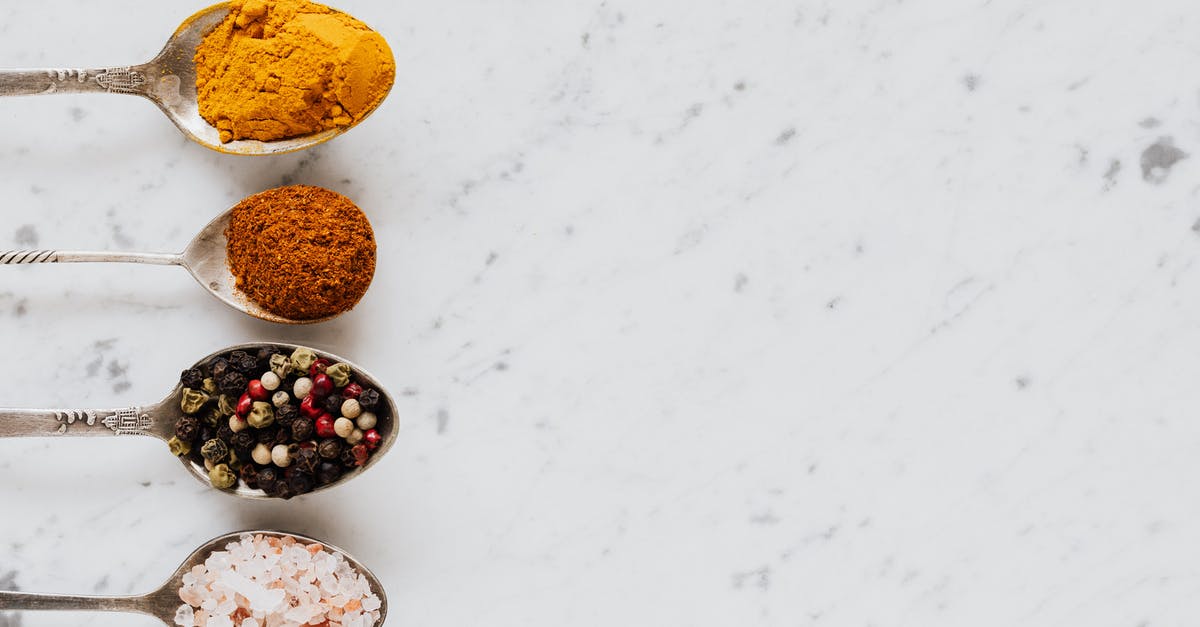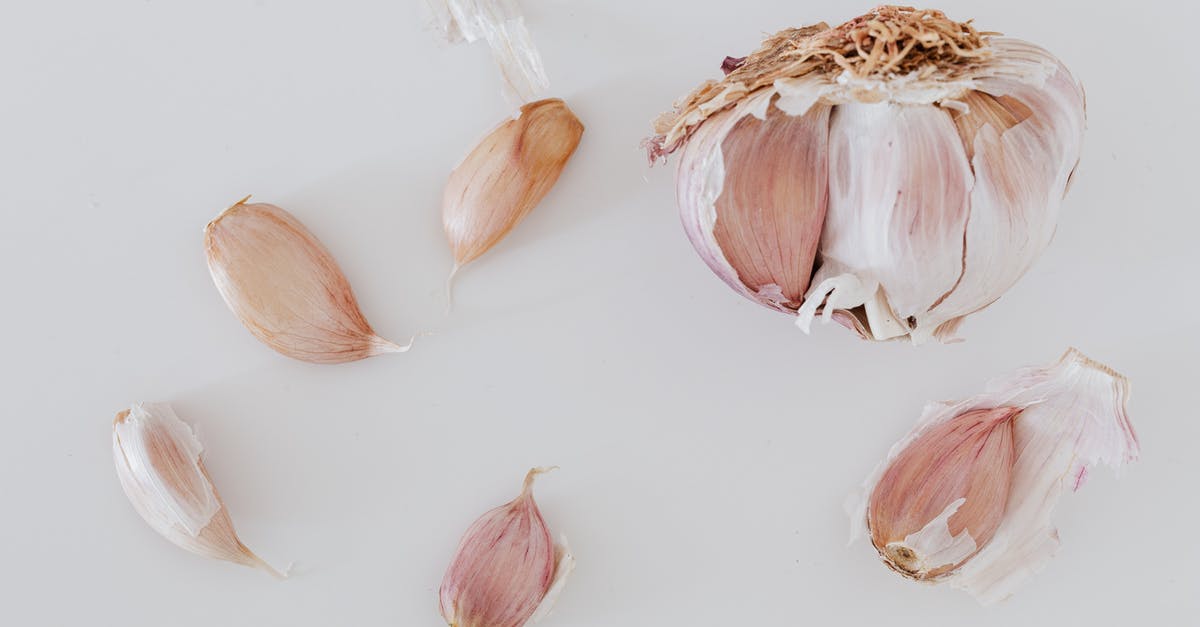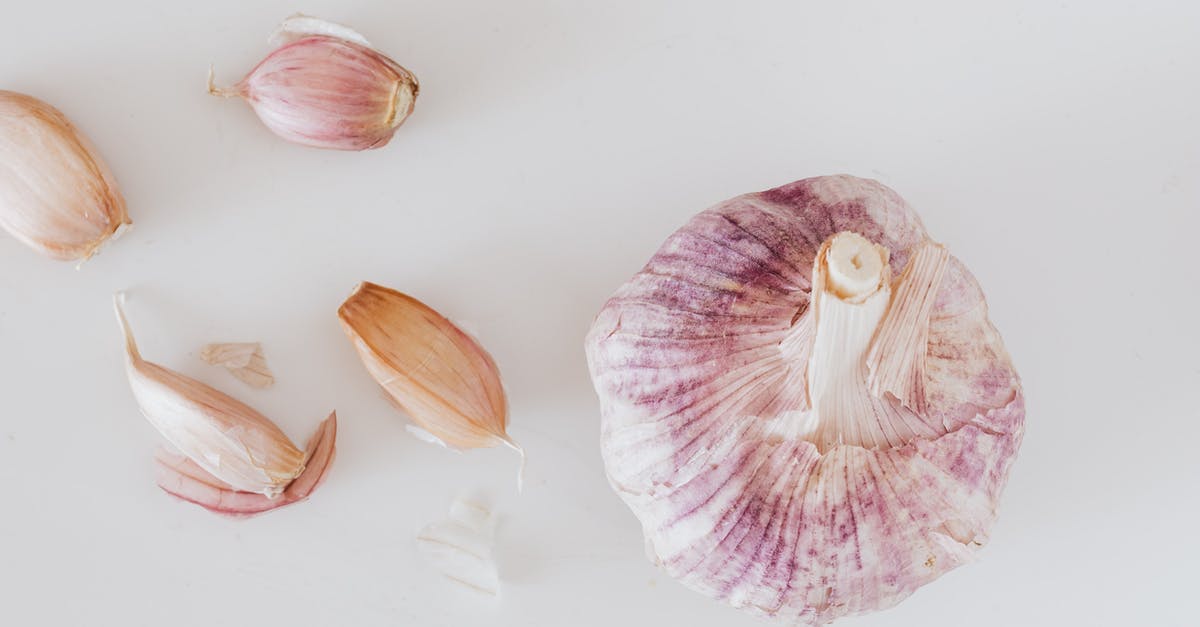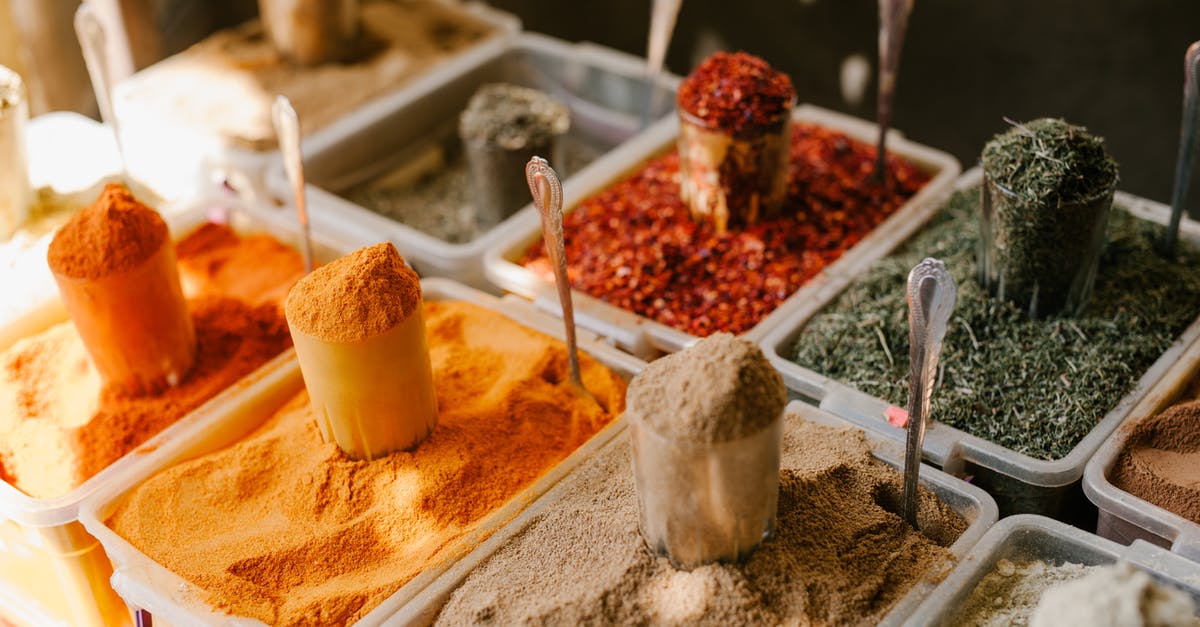Does toasting and grinding whole spice really improve curry flavor?

It seems to be common knowledge that "toasting is better" when it comes to spices. But the other day I noticed my toasted-and-freshly-ground coriander smelled pretty weak, and I ended up boosting the flavor with pre-ground stuff that packed a lot more "fresh" (citrusy, floral) flavor.
It got me thinking - is toasting really better? Cooking is full of pervasive myths, and perhaps this is one of them? If it turns out toasting can be beneficial, then which spices really need it, which only see some small improvement (and could be skipped), and which ones should not be toasted?
I found this long and interesting article that argues against toasting. My TL;DR summary:
- Plenty of generations-old family recipes use raw (untoasted) spices. They know about toasting but have chosen not to for centuries.
- One Indian cookbook says toasting helps dry out whole spices that have become damp during monsoon season, for easier grinding (not for flavor).
- McGee says toasting "mellows" spices.
- Essential oils are lost into the air, making a nice smelling kitchen (but less flavor for the food itself).
Best Answer
I don't think roasting spices "improves" them or rejuvenates stale spices but it certainly does change the flavor profile in ways that may be desirable in some cases, for some spices, less so for other spices in other cases. This is common sense to me and also what I got out of the article. I think the heading of the article is too absolute for the content.
Whether or not dry-roasting is "better" depends on which spices and what you are doing with them - how long they will be in the recipe, what else is going in, etc, and what flavor profile you are looking for. I think the article goes into a lot of detail about this and has some good references (it looks like an interesting blog, thanks for sharing.)
For example, fresh, dried coriander seeds don't taste the same as toasted coriander, and fresh, untoasted, whole cumin doesn't taste like toasted/dry-roasted cumin.
If you add it raw vs dry-roasted, in general you are going to impart a slightly different flavor profile to the dish. Some recipes are complex and/or delicate enough that this matters, and as the article notes, this will be specified in recipes from trusted sources.
If you are making an uncooked chutney that you want to season with coriander seeds or fenugreek seeds, you need to toast them before grinding them if you want them to taste cooked. Or if you are seasoning your raita or lassi with cumin, it will probably taste better (or more like what would be expected) if you toast it.
But "better" really just depends on what you are looking for. The author of the linked article talks about what flavors she wants to impart to her squash soup, and that is great. If it's her recipe and her tastes, she should make it how she will enjoy it. But if you are trying to replicate a traditional recipe, you may want to follow the traditional methods for that dish at least the first time you do it, which may or may not use the spice how you are used to using it, it's even possible that the traditional way won't taste as good to you as using them how you're used to.
So again, that's fine, adapt the recipe, with the understanding that it may be a bit less traditional. That's how we end up with fusion cuisines, like Indian-Chinese, or British-Indian or American-Italian, adapting traditional methods to new ingredients or to differing tastes and preferences.
For the most part, in my Indian cooking, I rarely toast spices before adding them in unless I'm making something where it isn't going to be cooked further. I hadn't heard or been told that you "always" should roast all spices before grinding them.
In fact, most of the Indian cooks I've learned from use pre-ground spices for convenience, and I sometimes get weird looks from people in my generation when I make things less convenient and start from fresh, whole spices instead of spice blends. My point here is that there is sometimes a difference between what is ideal for a dish vs what is ideal for daily cooking. Both the daily "easy" method and the for-special-occasions-only multi-step preparation can be equally traditional for what is ostensibly the same dish.
Pictures about "Does toasting and grinding whole spice really improve curry flavor?"



Quick Answer about "Does toasting and grinding whole spice really improve curry flavor?"
It destroys some flavor compounds and creates some flavor compounds. These new flavor compounds are what makes the toasted spices toasted: it's the earthy-nutty-deep-"brownish" flavors.What does toasting do to whole spices?
Toasting your spices is a great technique to know. Toasting spices intensifies their flavor, bringing out the aromatic oils and adding complexity to their taste by layering in a warm, toasty flavor. It also makes your kitchen smell amazing!Should you toast whole spices before grinding?
If you're not doing it already, we highly recommend toasting any and all whole spices to release aromatic oils and bring out a deeper, more complex flavor. Plus, toasting spices dries them out a little, which makes them easier to grind or crush.Can you toast curry powder?
Curry made from whole, toasted spices is what dreams are made of. Use this homemade toasted curry powder in any recipe that calls for curry powder.Is grinding spices worth it?
We deserve better, and grinding whole spices ourselves can transform dishes from a meal into a masterpiece. Spices get their flavor from the oils they contain, and those oils remain intact when the spices are whole. Once ground, they start to lose that oil to the air, and the longer they sit, the more flavor is lost.Should you consider using whole spices instead of preground ones?
More answers regarding does toasting and grinding whole spice really improve curry flavor?
Answer 2
Heating spices (and foods in general) alters their flavor. It destroys some flavor compounds and creates some flavor compounds. These new flavor compounds are what makes the toasted spices toasted: it's the earthy-nutty-deep-"brownish" flavors. Such flavors and their like appear when you roast meat, or toast... a toast.
The question is - what flavor do you want? Usually, the toasting/roasting/browning is considered as an improvement. But perhaps you prefer the spice fresher and more "with an edge".
Bottom line is: toasting spice is like "spicing" the spice. Do it to your taste.
Regarding the whole vs. powdered spice: Naturally spice keeps their flavors and freshness longer when whole. I would guess that what you described stems from either (a) over-toasting the spice (they should be toasted gently in very low heat), or (b) your whole spice were very old or of low quality, and the powdered spice came from fresher spice of higher quailty. Not impossible.
Answer 3
In most Indian dishes (i.e., main dishes, not chutneys) you fry the spices in oil at the beginning of the process or you add the spices later and let them cook in the oil layer at the top of the liquid (there's a name for this, but I forget what it is...) so most dishes don't call for roasting the spices separately (at least, not in the books that I have). I have run across several dishes that specifically call for the darker flavor of roasted spices and that's the only time I bother roasting and grinding whole seeds.
Answer 4
Not necessarily regarding indian cuisine, but toasting spices generally: I'd echo the sentiment that toasting the spices will change their flavor, somewhat significantly I think. Toasted spices -- I'm thinking of fennel, cumin, coriander -- tend to have a much darker, nuttier aroma and flavor. When that's what you want to bring to the table, then by all means, toast your spices. If you're looking for a cleaner, brighter flavor, I'd say that you oughta avoid it.
Sources: Stack Exchange - This article follows the attribution requirements of Stack Exchange and is licensed under CC BY-SA 3.0.
Images: Karolina Grabowska, Karolina Grabowska, Karolina Grabowska, Julia Volk
